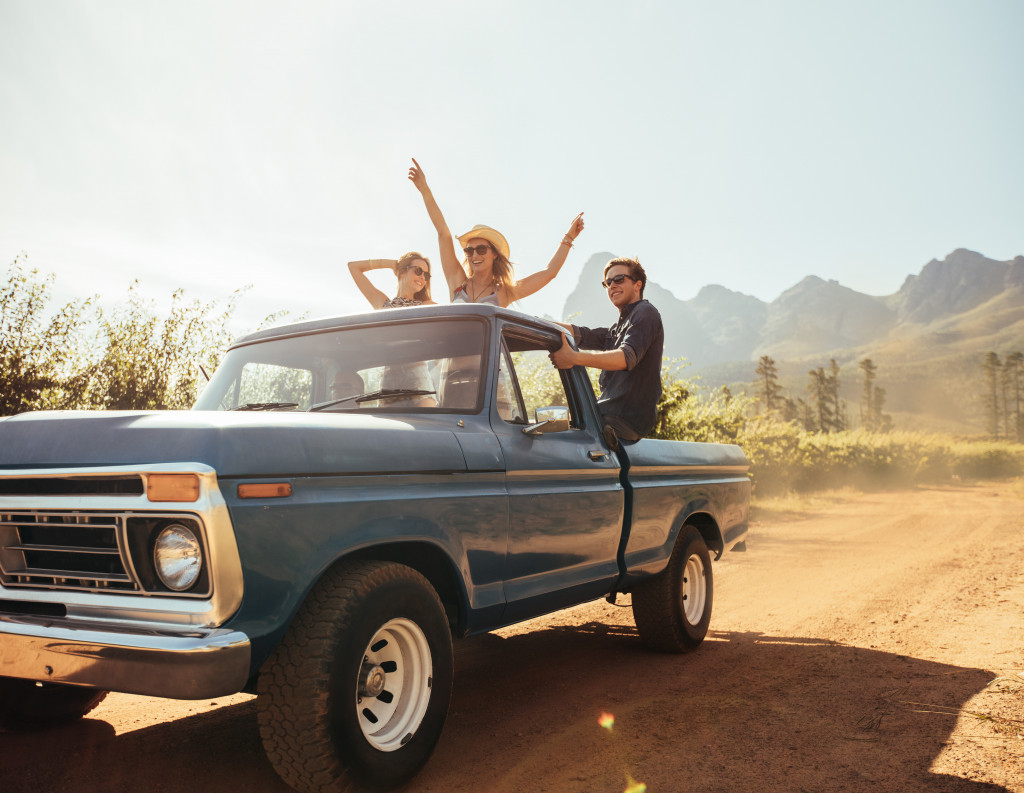Car camping can be an ideal vacation for those who wish to get away from the hustle and bustle of everyday life. Not only does it offer the chance to escape into nature and enjoy some much-needed peace, but it also provides an opportunity to bond with family and friends and create memories that will last a lifetime.
One of the most significant benefits of car camping is that it’s one of the most budget-friendly ways to go on vacation. According to a survey conducted by National Geographic Adventure, car camping is one of the most cost-effective ways to embark on a wilderness adventure. The survey found that you can expect to spend about $20 per night for campground fees and other supplies, such as firewood—far less than what you’d pay for hotel accommodations in many areas.
In addition to being inexpensive, car camping is incredibly convenient because all you need to do is drive your vehicle directly from your home and begin your trip almost immediately. Even if you’re short on time, you can still carve out a few days or even just one day for an outdoor adventure without getting plane tickets or finding transportation options beforehand.
The pickup truck is one of the most popular vehicles used for car camping because it provides ample storage space and protection from the elements. If you plan on taking a pickup truck on your next car camping adventure, there are several things that you should do to prepare for the journey.
Consider the Weight Limit
Remembering the weight limit when car camping with a pickup truck is essential. This is because the more weight your vehicle carries, the lower your gas mileage will be and the harder it will be to navigate rough terrain. It’s best to plan out what you need beforehand and stick to it. This will help ensure you don’t bring too much or forget anything important.
You should aim for about 300lb of camping gear for a regular-sized six-foot truck bed. However, if your truck is more significant or requires more passenger space, you may want to go up to 500lb or even 600lb of gear, depending on its capacity. For example, if two adults are planning on sleeping in the truck bed and four people are coming along in total, you may want to increase your packing load accordingly so that everyone has enough room.
When organizing your gear, it’s best practice to start by loading heavier items and then lighter ones afterward. For example, sleeping bags should go at the bottom of the bed, followed by other bulky items such as tents or cooking supplies. After that, you can add layers of lighter things like clothes or food until everything fits securely in place without tilting or shifting around when driving over bumps or uneven terrain. Also, please make sure to tie down any loose materials with ropes or straps, so they don’t fall off during transit.
Protect the Bed

Pickup trucks have notoriously exposed beds, making them susceptible to damage from the elements and anything else you may be carrying. To protect your truck bed, it’s a good idea to invest in a tonneau cover or other protective material, such as tarps. These materials will help keep your items safe from water and debris and stop unsecured objects from flying out of bed at high speeds.
Meanwhile, bed liners can add protection from scratches and reduce the chance of rusting due to exposure to moisture. If you plan on using your truck for many car camping trips, investing in one may be well worth the money.
Finally, don’t forget to bring along plenty of bungee cords and tie-downs—essential to keeping everything secure during transit. Bungee cords are handy for organizing items with multiple parts or pieces, such as tents and sleeping bags, while tie-downs can be used for heavier objects like coolers or camp chairs.
Pack for Emergencies
No matter how prepared you are, there’s always a chance that something unexpected can happen on your car camping trip. It’s essential to pack for emergencies so that you’re prepared in case of any mishaps.
Be sure to bring a first-aid kit and any necessary medications and supplies. Flashlights, batteries, and tools are essential should anything break down or need fixing while in the wilderness. Consider bringing a few extra items such as water filters, fire starters, camping saws, trowels, and waterproof matches just in case of an emergency.
Finally, check the weather forecast before setting off; this will help you be better prepared if bad weather arises. You can bring extra blankets, rain gear, and other items to stay warm and dry if necessary. A car tool kit will also be vital for any situation, especially if you are stranded in the middle of the forest or another unfamiliar location.
Final Thoughts
By following the tips mentioned above, you’ll be better prepared for your next car camping trip and have a much smoother journey. Whether you’re planning to camp for one day or one week, having a pickup truck can make the experience more comfortable and enjoyable—remember to keep the weight limit in mind, protect the bed of your vehicle, and always come prepared for any potential emergencies.
